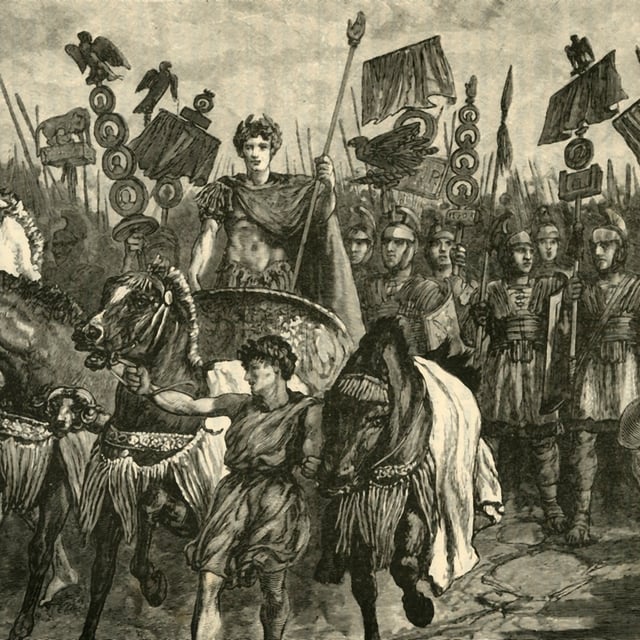Overview
- Recent research confirms that icebergs carried Greenlandic rocks to Iceland during the Late Antique Little Ice Age, providing direct evidence of climate-driven geological activity.
- The cooling period, triggered by three volcanic eruptions between 536AD and 547AD, caused significant global temperature drops and widespread environmental impacts.
- The study utilized zircon crystal analysis to trace the origins of the rocks, offering forensic-level proof of ice-rafting events in the North Atlantic during the seventh century.
- Researchers suggest the rapid climate cooling weakened the already declining Roman Empire, exacerbating crop failures, famine, and societal instability.
- The findings underscore the interconnectedness of climate systems and their profound influence on historical societal transformations across Europe and Asia.
